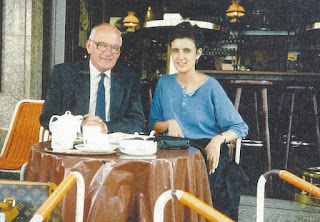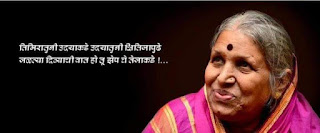How do I begin to tell my father’s story, for it began long before my birth. I can only imagine by putting together the pieces of his life that I remember in a brief passage of time.
Memories he recalled began in 1924 somewhere in Western Europe. A suburban semi-detached house on the outskirts of a large City with woods and green gardens like anywhere familiar to my own upbringing in North-West London. He spoke another language, had another name, a secure family, loving parents, a comfortable home. Not ostentatious, just enough food, clothing, a local school like all the other children in the neighbourhood. They were mostly indigenous people, though my grandmother and her mother were very dark skinned with dark hair; maybe Spanish, native -American, or Asian origins.
Everything seemed peaceful until the uprising of fascism in the city and the suburbs. Buildings on fire, men, women and children rounded up and beaten, then disappeared. If fear was tangible, it was at my father’s own doorstep, terrifying him and his family in a dull, needless and cruel war.
His father, my grandfather, was arrested for no apparent reason in front of my father, a young child, and his mother and sister. He was taken away by uniformed police guards, returning many weeks later having been interrogated and tortured. Almost a skeleton with his clothing torn and filthy, the shadow of the man he had once been. My grandmother Charlotte was quiet and inwardly imploding, desperate for the wellbeing of her husband and children and their future.
But the war was real, and a living hell was closing in on them. My father was just a child at the outbreak of WW2. By the age of 15 he was sent by his parents on a train to England with hundreds of children. There was a heavy-hearted separation - the kind of trauma that is beyond words to describe. So, I’ll just leave it blank and let this be a moment of reflection on feelings that could not and would never be expressed.
***
After a few years of public school in the North of England, WW2 was literally everywhere, and my father joined the army. I’m not sure how much he chose to or was conscripted. He seemed to put every effort into his part in defeating fascism and his personal aim was to be reunited with his parents. That hope sustained my father through the trials he had to face - many trials through school and army life.
He told us stories around the dinner table sometimes, during the 1960’s and 70’s. Memories of his past had to be shared somewhere and his closest family was the safest place for them to be aired.
I recall him saying that he led a group of Italian prisoners of war back to Italy. He was made a Captain and kept his medals close by always, along with a photograph of his beloved parents on his study desk. He would never see them again. Their disappearance remained a mystery for many years until he discovered that they’d been shot and buried somewhere in Eastern Europe.
As an empath, I could always sense what he concealed; the loss and bereavement, that were with him until the day he died. His spirit was finally set free, and I could almost see him fly off into the sky from his death bed.
As his daughter, I was at times terrified of my father’s anger and disapproval of anything less than perfection. It was hard to just be a fun loving, carefree child in that environment, but I am grateful for the memories we shared, some quality times spent together and the stable homelife that he provided.




.gif)
.png)
.png)

.png)
.png)
.png)




Hello Susan. I was your fathers secretary for 2 yesrs in St.John,s Wood Liberal Synagogue. Knew you family well. With your beautiful mother Jane and brothers Jeremy and Benjamin. You father also conducted my marriage in South London Liberal Jewish Synagogue. Prior to this he taught me at this Synagogue. He was a brilliant scholar and a wonderful man. Have just read your intriguing article about him. Would love to hear more about your life too. Maybe you could suggest a way we could get in touch if you would like to. Initially my email address is wendandal@google mail.com.
ReplyDeleteMy name is Wendy Williams aka Wendy Devigne at the time of working with you father in 1960-1962. Remember how excited your parents were on the day that you were born!